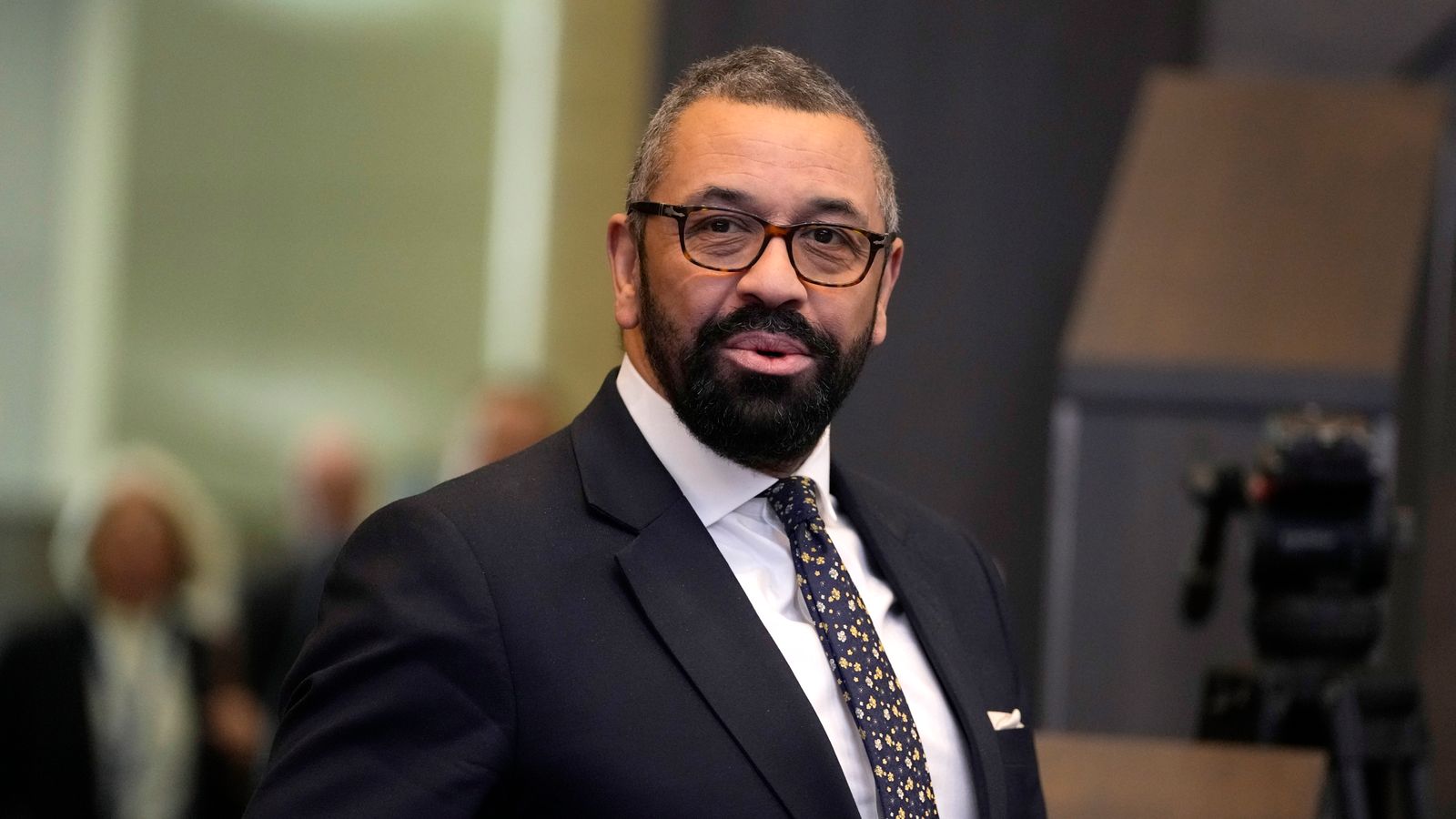‘Life here is much more easy’: Migrants tell Sky News why PM’s pledge to ‘smash the gangs’ won’t work


As cabinet ministers and law enforcement teams were meeting to discuss ways to enact the prime minister’s pledge to “smash the gangs”, in a flat in Manchester Hassan was bathing a kitten he’s adopted since being granted asylum in Britain.
The 26-year-old knows all about the smuggling gangs that bring people over in small boats across the Channel from France.
He paid a gang around 2,000 euros (£1,690) to make the journey to the UK from Dunkirk four years ago.
He says there are “thousands” of people willing to take the money of people prepared to pay to get in a boat. Back home in Kurdistan he says they have offices and don’t need to advertise what they do because “everybody knows who they are”. Their business is based on recommendations and word of mouth.
He says there are “plenty” of gangs, adding “they all have contact with each other”. And he says he understands why offering people like him a future in the UK is such big business.
“Life here is much more easy than the other countries. And you can find a beautiful life in here and work”, he says, adding “even the government is helping the refugees here much better than the other countries”.
Also in the Manchester flat is Mohammed. We’ve changed both their names to protect their identities. Mohammed is 30, also from Kurdistan, and came to the UK by small boat last year.
Unlike Hassan, he didn’t pay smugglers back home but instead made his way to Calais where he said it was easy to find people to pay to get him in a boat.
He thinks a crackdown on gangs might reduce the number of crossings but believes there will always be other smugglers willing to take the place of those arrested.
Advertisement
There is no bigger issue in British politics than illegal migration, and no one is more aware of that than the new prime minister.
He may only be two months into the job, but Sir Keir Starmer knows that a failure to bring down the number of small boats crossing the channel would define his premiership.
So, it was unsurprising that one of his first acts was to begin the process of turning his promise to “smash the gangs” into practice.
But what was surprising about today’s four-hour, high-level meeting was the absence of any memorable moment that might reassure a restless public.
Labour may want to ditch gimmicks and usher in an era of grown-up government, but just sitting around a table could make them look like they’re all talk and no bold action.
Flagship policies like the controversial Rwanda plan put forward by the previous administration are about more than getting headlines, they give voters a clear indication of what a party stands for.
When we look back on governments we remember the policies that changed the country, not the meetings, however long they last.
Despite tough talk from the new government and years of promises to “stop the boats” by the previous administration, thousands of people continue to make the perilous journey.
So far this year more than 20,000 people have arrived by small boat, more than during the same period last year.
Naveed and Mustafa are both 34 and from Iran. They came by small boat to the UK around 17 months ago.
They decided to pay smugglers to get them into Britain after being denied asylum in other European countries, including Germany. They each paid around £3,000.
👉 Tap here to follow the Sky News Daily podcast – 20 minutes on the biggest stories every day 👈
“It was the only option we had, even then we were told we would be put on a ferry to the UK but by the time they got us to the shore we were put on a boat and we had no option but to accept it because if we didn’t we would either be beaten up or we were told we would be shot,” Naveed told Sky News.
Read more:
Twelve dead after migrant boat sinks in Channel
Van driver jailed for people smuggling
They think a tougher approach by the UK government and law enforcement to tackle the smuggling gangs will have an impact, but don’t believe it will stop people trying to reach Britain.
“I would say there would be a major decrease in those attempting to come to the boats, however, there are other options that people could find to get to the UK,” Mustafa said.

